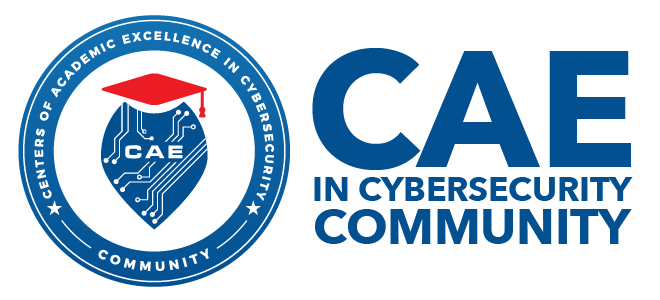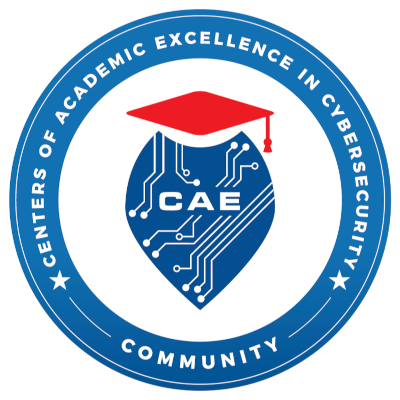An Evaluation of Cybersecurity Students’ Needs for Program Improvement
This proposal discusses the findings of an interesting research study with the objective of identifying writing and communication challenges faced by both cybersecurity students and professionals in the field and proposing effective solutions to address these challenges. This research study was part of a comprehensive project (funded by the NSA) intended to enhance cybersecurity education in western PA.

